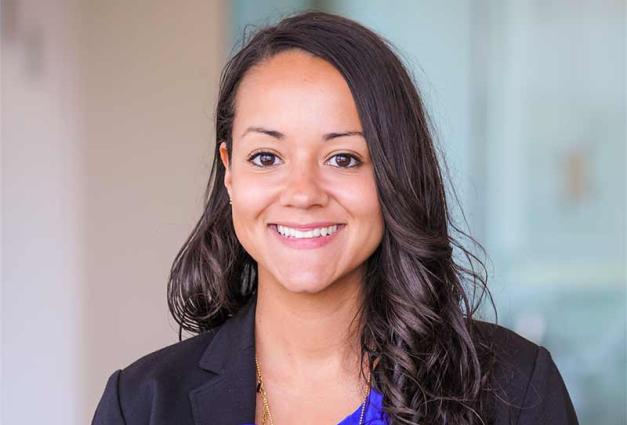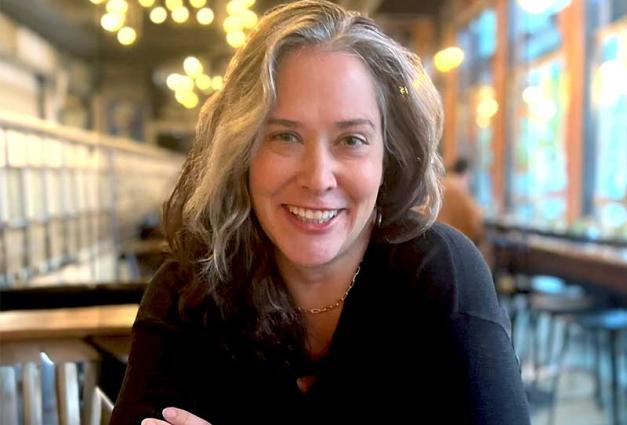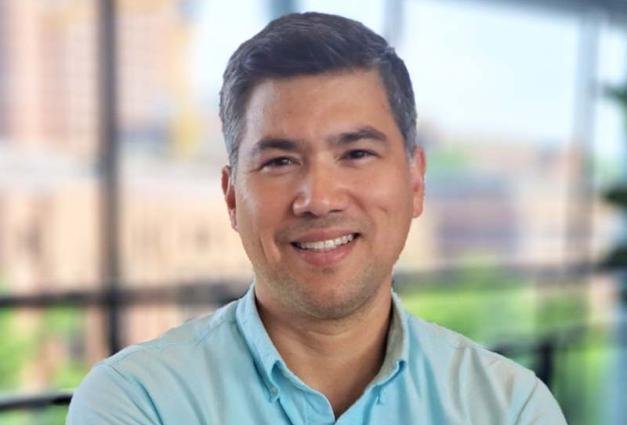Einav Hart is a visiting scholar at the Wharton School’s Operations, Information, and Decisions (OID) department, and is also a data scientist at Uber Technologies. She was a postdoctoral scholar at the U. of Pennsylvania, and earned her PhD at the Hebrew University in cognitive science, specializing in the study of rationality. In her research, Dr. Hart uses small and big data to explore how social interactions (negotiation, conversation) influence motivation and financial decisions.
In what ways does your background in personality and social psychology make the biggest impact in your career?
Two main avenues come to mind: One is that I think about how social processes affect people's perceptions and behavior in combination with "objective" features like financial incentives and prices. My training in social psychology allows me to bring a different perspective to more economics-leaning spaces like auctions, negotiations, and market design (e.g., in my current data science role). Another important avenue is the experience in formulating and formalizing questions, and knowing how to conduct hypotheses-driven investigations.
If you could instantly become an expert at something, what would it be?
If knowledge would drop from the sky (or uploaded through an ear-drive), I'd love to know more about robotics and about animal behavior. I find these topics to be fascinating in general, and particularly in relation to human characteristics and behavior: What is shared across humans and other animals? How do we define things as "uniquely human"? How are we creating new entities, and what features and behaviors do they have? (if you study this, please tell me!)
What are your current research interests?
Three of my favorite topics are conflict, communication (especially negotiation), and motivation. I'm particularly interested in the relationships among them: How does conflict affect subsequent, post-conflict motivation? How can we harness incentives and social drives (e.g., competition; power) to improve financial decisions? How should people communicate (e.g., negotiate, chat) to preserve their relationships and improve their long-term success? Ask me or visit my website to know more!
Do you have a favorite course to teach and why?
Research methods: It's a lot like peeking behind the curtain of research, findings, and papers. I love showing people how to get from a "question stage" to a "finding stage", which goes through thinking exactly what your question really is, to what variables you care about (and why), to how you're going to get them, and how you're going to look at them and (try to) answer your question. Coincidentally, this is a large part of what data scientists do as well. Broadly, I think statistics and research methodology are an important life (not only research) skill, and there is no better way to understand this than trying to find an answer to your own questions.
Outside of psychology, how do you like to spend your free time?
Baking and creating art, when my muse is up for it. I'm a chocoholic (hi!), and I like producing things that I and other people can enjoy.
What’s the best advice you have ever received?
"(Academia/ life/ review) is a human process": Talking to people and creating meaningful connections is invaluable for life and career. Plus, I find it amazing that we actually get to talk to incredibly interesting and smart people for a living... An earlier, and related piece of advice I received was that one should never be afraid or embarrassed to talk to anyone about their work—there's nothing people love more than talking about their research/themselves with people who are interested to learn.




